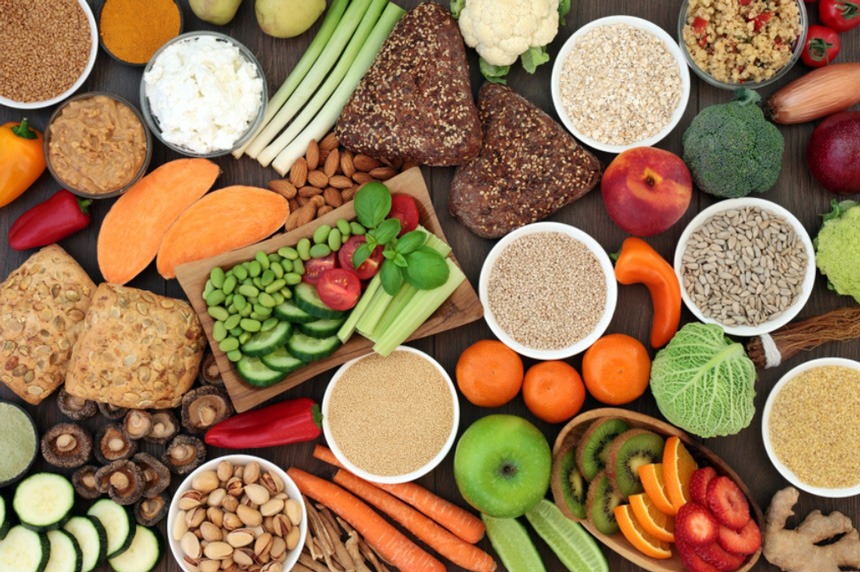
Fiber, once perceived solely as indigestible carbohydrates, has become a nutritionally complex term encompassing a variety of substances found in both digestible and indigestible forms. Scientists classify fiber into categories such as dietary fiber, naturally present in plants, and added fiber, integrated into products to enhance health benefits. This dietary component further segregates into soluble and insoluble types—soluble fibers dissolve in water, aiding digestion and managing blood sugar, while insoluble fibers, passing through the digestive system, prevent constipation by adding bulk. Here is a list of 12 such food items that you can add to your diet as of today:
- Bananas
- Popcorn
- Brussels Sprouts
- Quinoa
- Artichoke
- Lentils
- Chia Seeds
- Broccoli
- Pears
- Kidney Beans
- Spinach
- Blackberries
Bananas
A commonly enjoyed fruit, it packs a significant fiber punch alongside its rich nutrient profile. Offering a range of essential nutrients like vitamin C, vitamin B6, and potassium, bananas also contain resistant starch, mainly found in green or unripe bananas. This type of starch acts akin to fiber within the body, aiding in digestive health. With a medium-sized banana delivering about 3.1 grams of fiber, or 2.6 grams per 100 grams, it is a convenient, delicious, and naturally fiber-rich snack.
Bananas are notable for their versatility, making them a staple in various dishes and snacks. Incorporating them into smoothies, oatmeal or consuming them raw provides not only a fiber boost but also a natural source of energy. Interestingly, the riper the banana, the easier it becomes to digest, as the starch content transforms into simpler sugars, enabling quicker absorption by the body. So, whether it’s a quick grab-and-go snack or part of a breakfast spread, bananas serve as a convenient way to up your fiber intake while relishing their sweet, satisfying taste. [1]





